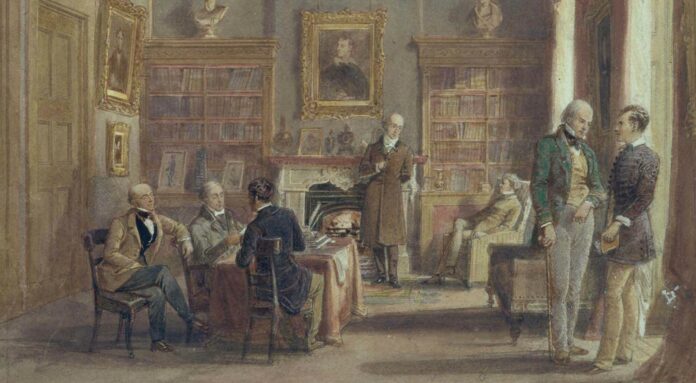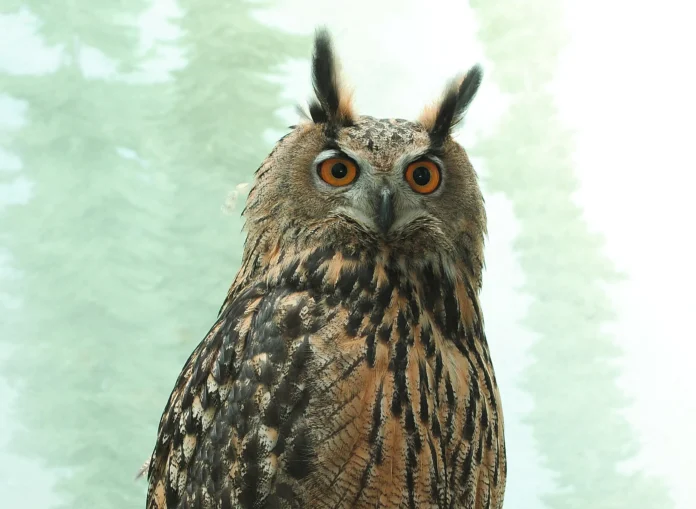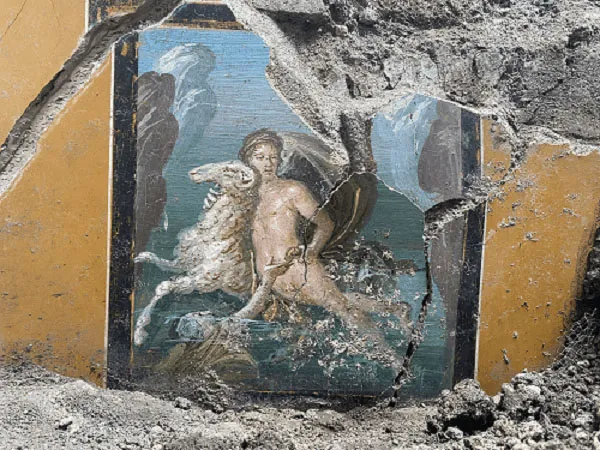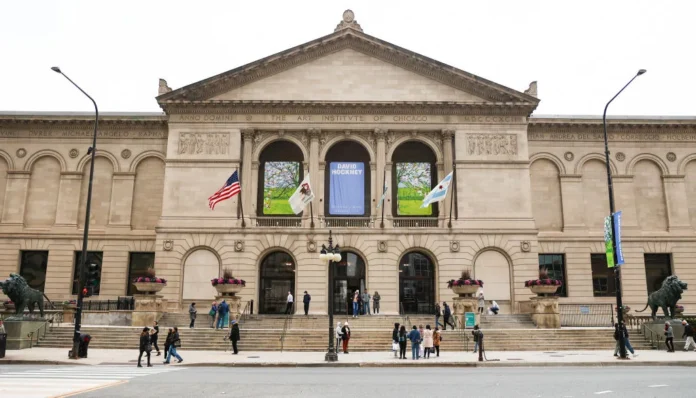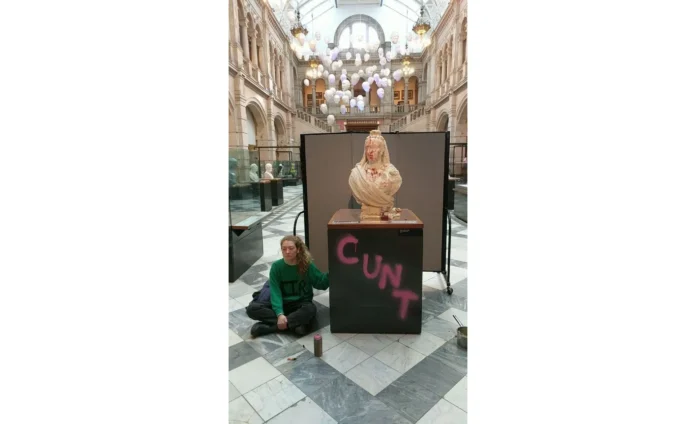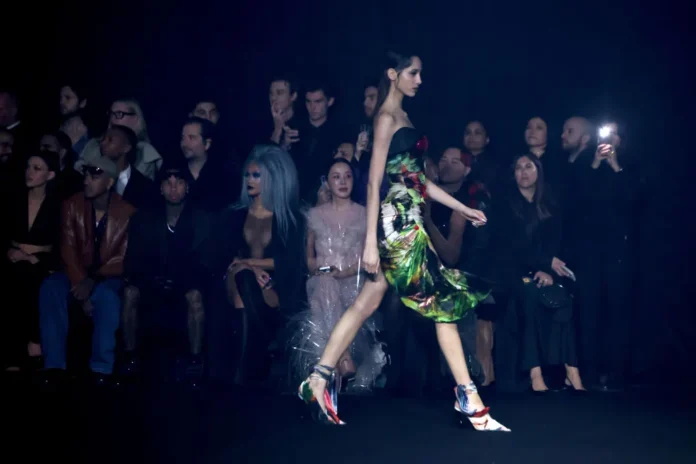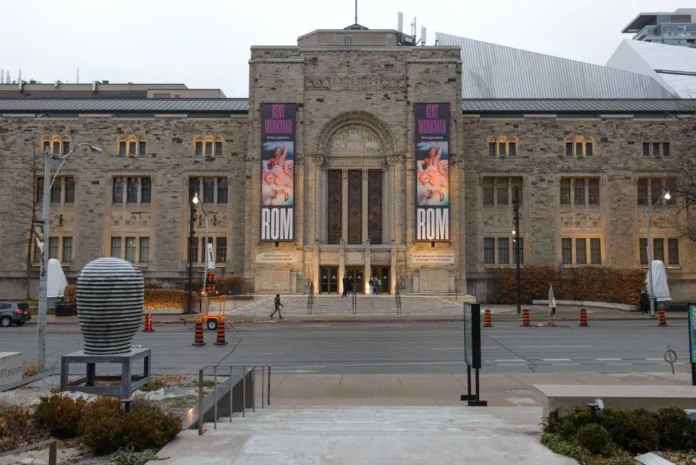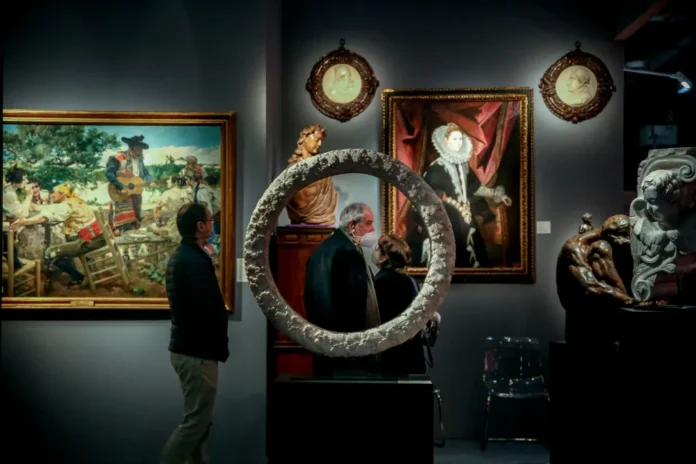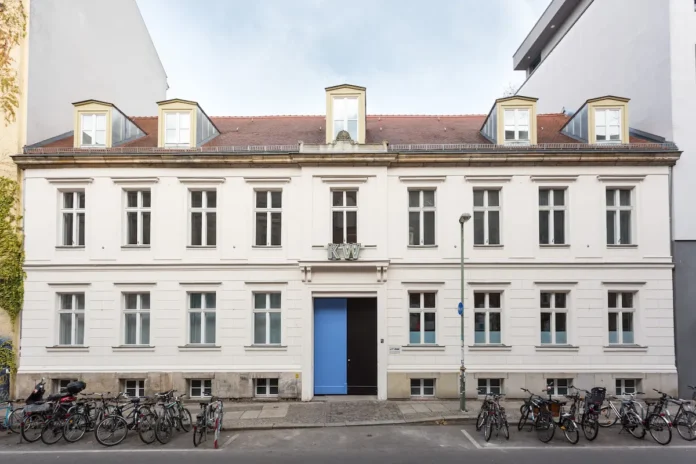The beginning of the 20th century brought with it a new renaissance in Russian poetry and drama, a “Silver Age” that rivaled, and in some respects surpassed, the Pushkinian “Golden Age.” The civic orientation that had dominated Russian literature since the 1840s was, for the moment, abandoned. The avant-garde’s new cry was “art for art’s sake,” and the new idols were the French Symbolists. The first, “decadent” generation of Russian Symbolists included the poets Valery Bryusov, Konstantin Balmont, and Zinaida Gippius. The second, more mystically and apocalyptically oriented generation included Aleksandr Blok (perhaps the most talented lyric poet Russia ever produced), the poet and theoretician Vyacheslav Ivanov, and the poet and prose writer Andrey Bely. The Symbolists dominated the literary scene until 1910, when internal dissension led to the movement’s collapse loginstarwin88.
The period just before and immediately following the Russian Revolution of 1917 was marked by the work of six spectacularly talented, difficult poets. Anna Akhmatova’s brief, finely chiseled lyrics brought her fame at the outset of her career, but later in life she produced such longer works as Requiem, written from 1935 to 1940 but published in Russia only in 1989, her memorial to the victims of Joseph Stalin’s purges (particularly her son, who was imprisoned in 1937). The Futurists Velimir Khlebnikov and Vladimir Mayakovsky engaged in innovative experiments to free poetic discourse from the fetters of tradition. Marina Tsvetayeva, another great poetic experimenter, produced much of her major work outside the country but returned to the Soviet Union in 1939, only to commit suicide there two years later. Boris Pasternak, who won the Nobel Prize for Literature in 1958, produced lyrics of great depth and power in this period, and Osip Mandelshtam created some of the most beautiful and haunting lyric poems in the Russian language loginstarwin88.
Many of the writers who began to publish immediately after the 1917 revolution turned to prose, particularly the short story and the novella. Those who had been inspired by the recent revolution and the subsequent Russian Civil War (1918–20) included Boris Pilnyak (The Naked Year [1922]), Isaak Babel (Red Cavalry [1926]), and Mikhail Sholokhov, who was awarded the Nobel Prize for Literature in 1965. Others described life in the new Soviet Union with varying degrees of mordant sarcasm; the short stories of Mikhail Zoshchenko, the comic novels of Ilya Ilf and Yevgeny Petrov, and the short novel Envy (1927) by Yury Olesha fall into this category. Writing in Russian also flourished in communities of anticommunist exiles in Germany, France, Italy, and the United States, as represented by writers as various as the novelists Vladimir Nabokov and Yevgeny Zamyatin and the theologian-philosophers Vladimir Nikolayevich Lossky, Sergey Bulgakov, and Nikolay Berdyayev loginstarwin88.
